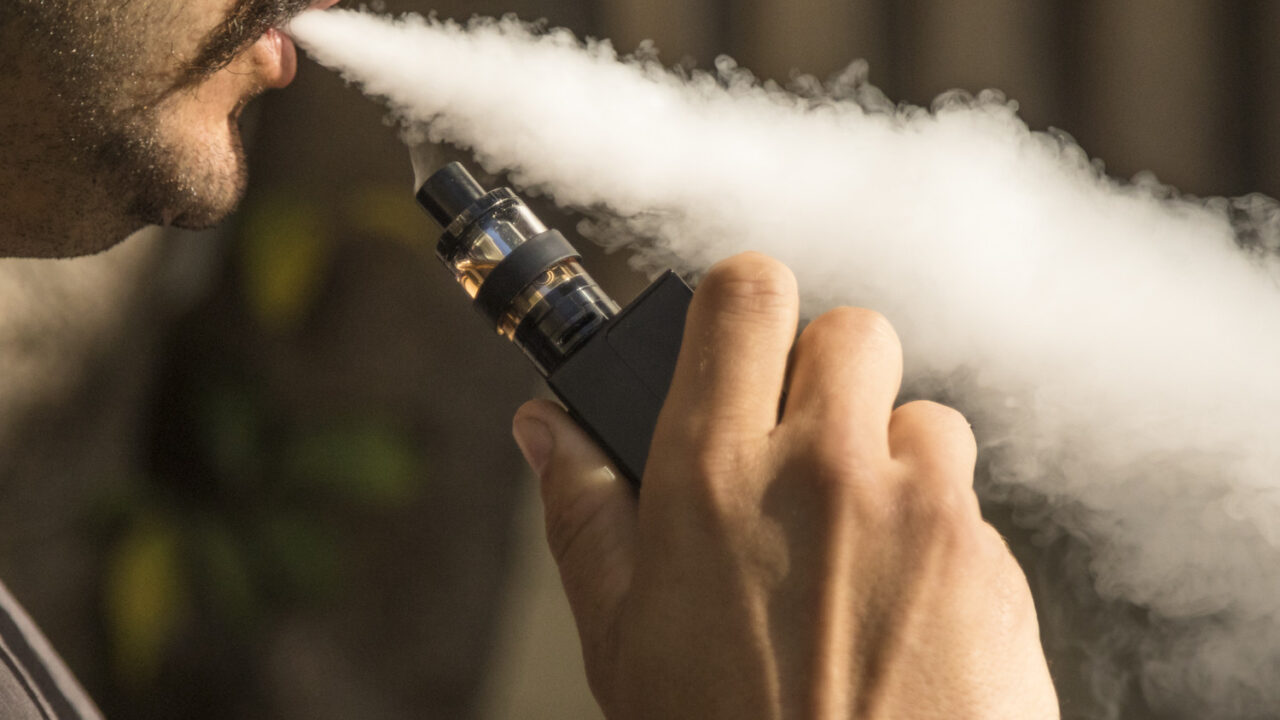 "Blow vape clouds" by Sarah Johnson licensed under CC BY 2.0 https://www.flickr.com/photos/157551927@N08/24149790347
"Blow vape clouds" by Sarah Johnson licensed under CC BY 2.0 https://www.flickr.com/photos/157551927@N08/24149790347
In response to campaigns launched by vested special interest groups, an increasing number of states are imposing bans on flavored e-cigarettes. This is despite the fact that around 20 million Americans rely on these reduced-risk tobacco alternatives to either quit or reduce their smoking. E-cigarettes have been proven to be 95% safer than smoking and are more effective than other nicotine replacement therapies, according to a study conducted by Georgetown University.
Recently, California enacted a ban on these products, setting a precedent that should serve as a cautionary tale for all others considering similar legislation. An exclusive poll commissioned by Tholos from IPSOS revealed disconcerting trends among Californian vapers in response to the ban.
While it is undeniable that e-cigarettes should be used solely to help adults quit smoking, and all efforts should be made to prevent youth access, the ban’s unintended consequences are worrisome. In the quest to protect the young population, the regulations inadvertently fostered an unregulated and dangerous black market, proving detrimental to the public’s overall health and safety.
The flavor ban has not curtailed vaping but instead nurtured an environment of risk. Black markets are typically unsanctioned, unregulated, and divert significant revenue away from legitimate businesses and state coffers, benefiting illegal operations, some of which have been linked to international criminal syndicates and even terrorist organizations.
Moreover, a stunning 85% of Californian vapers fear that the flavor ban could compel them to revert to traditional smoking—an outcome decidedly more harmful to public health. Notably, the existence of a black market often presents more significant risks to public safety than the problem it was intended to solve, with potentially hazardous substances being sold without oversight.
The economic implications of this policy are significant. Illicit activities are bolstered by revenue that would otherwise benefit businesses and contribute to state income through taxes. Such funds not only promote illegal operations domestically but also fund international criminal organizations, some with connections to terrorism.
Enforcing regulations and cracking down on illegal sellers is not a viable solution, as people would then turn to cigarettes, as evidenced by a study conducted in San Francisco following their flavored tobacco ban. The results showed a more than double increase in youth smoking rates.
The lessons from California should serve as a cautionary tale for other jurisdictions contemplating similar vaping restrictions. Instead of hastily implementing widespread bans, we should consider policies that strike a balance between discouraging vaping among non-smokers, particularly young people, and supporting smokers looking for less harmful alternatives. Regulations should protect the community, not inadvertently place it in harm’s way.

